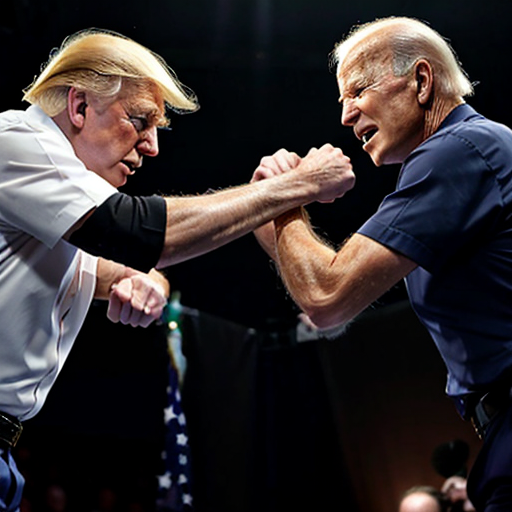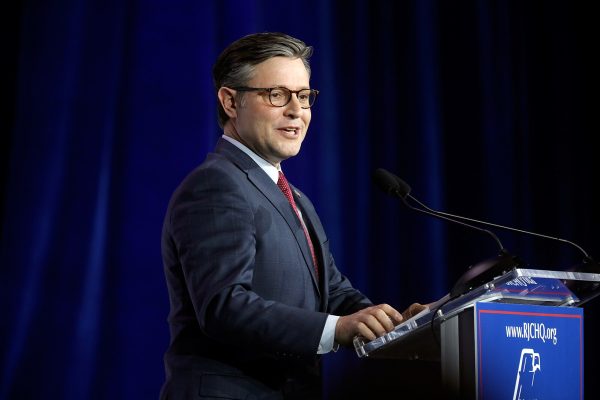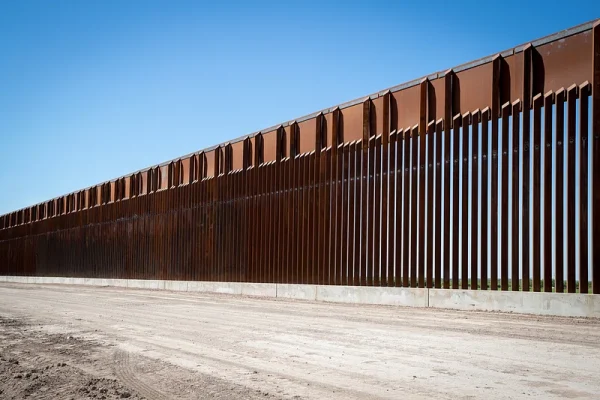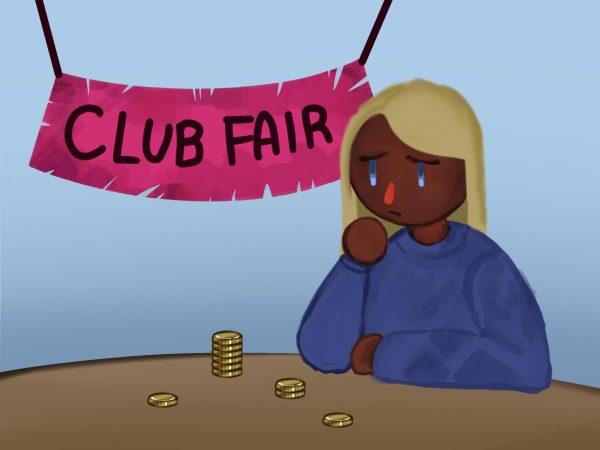Why mass shootings WON’T result in gun control
November 30, 2017
After each mass shooting ravages the American psyche, the nation falls into the same cycle. After the Las Vegas shooting, on Oct. 1, and the Sutherland Springs shooting, on Nov. 5, the same pattern is taking place. We issue our thoughts and prayers for the victims and their families, progressives call for tighter gun restrictions, and conservatives declare that gun control will not fix this issue.
America, which has only 5 percent of the world’s population, has had 31 percent of all mass shootings between 1966 and 2012, according to CNN. Though some people believe that changes will be made now, when even the NRA calls for additional regulations on “bump stock” devices like the one used to enable the rapid fire shooting in Las Vegas, this optimism ignores the past.
First of all, while the NRA and some Republicans have agreed with Democrats on the need for tighter regulation on these devices, neither a ban, nor any regulation, has yet been passed, or even introduced by the Republican leadership. And as the NRA suggests that bump stocks should be regulated by the Department of Alcohol, Firearms, and Tobacco, which has suggested that bump stocks are and should be legal.
There is a clear connection between NRA political donations and support for gun rights in both Congress and local elections. Additionally, as Republican politicians are measured by their “A” ratings from the NRA, an increasingly polarized base continues to vote for those candidates extreme enough to refuse any legislation, whatsoever, in the name of “gun rights.”
This all suggests that the most recent shootings are not likely to result in any additional gun control. In fact, this shooting is even less likely to result in change, as compared to past shootings. After each mass shooting, popular opinion swings strongly in favor of gun control, but the Las Vegas and Sutherland Springs shootings have resulted in less of a swing than past shootings, such as Sandy Hook.
Though the majority of Americans continue to hope that Congress will pass gun regulations (though polls do not provide information on which regulations the American people are hoping for), a correlative majority believes that this is increasingly unlikely, according to the same Politico/Morning Consult survey, with the number of Americans who believe Congress will pass any gun control legislation falling to just 26 percent. Americans know what we hate to admit:
Congress will never pass gun control.
But hope remains. Though Congress may never pass gun control legislation, many Democratically-controlled states have moved closer to sensible legislation following past shootings, including New York, Connecticut, and Maryland. Now, more than ever, activists must work to elect local and state candidates who will stand up to the NRA and fight for the safety of the American people.




















